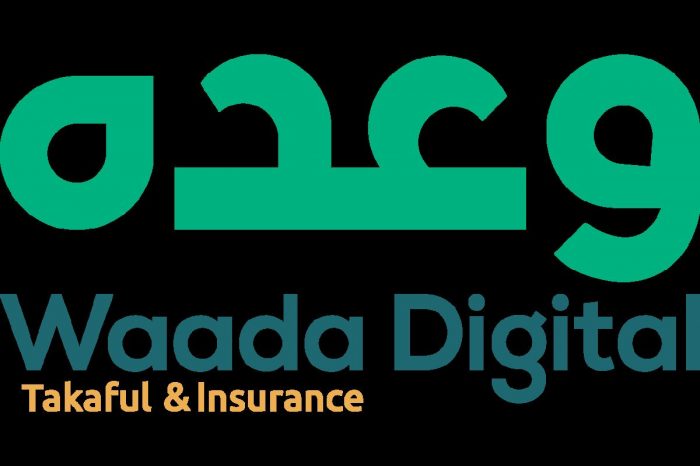
The Nest i/o is a technology incubator in Karachi, Pakistan launched by P@SHA
You know how every time you have to do something new, everyone tells you to get “expert advice”, may it be buying property, a new move in your business or a new skin treatment that you want to try out. It makes you think there really is something to it.
It is the same when you are an entrepreneur. To avoid make a mistake which will take months or years to discover on one’s own.
So why does an entrepreneur need a mentor? To put it in one line, insights and options, these are the two basic and very important things that a mentor provides to fill in the gaps in your knowledge.
A Mentor Has “Been There”
Most startups, especially the ones that are in the technology space, have very young minds behind them with little or no experience but a lot of enthusiasm. Getting advice from someone who has been there, done that can go a long way for such a new business.
A Mentor Opens Doors
Not literally though! Doors of opportunities, yes! When you are just starting out your venture, you need any and all help you can get for your business to get past some barriers and make connections with the big guns of the industry. A good mentor on your side can get you in the office of a senior executive and in that government department you really want to reach.
A Mentor is Not a Teacher or a Boss
A mentor is there to guide you and support you but he cannot run the business and it does not belong to him. He is not there to help you solve every big and small problem of your business but only to challenge you to think differently and help you figure out your strengths and weaknesses.
Mentoring is an adult-to-adult relationship and should never be treated like a student-teacher or a boss-employee relationship. This means that as the owner of the company, an entrepreneur makes the final call and cannot hold anyone else responsible for a bad choice or a mistake made.
A Mentor Urges You to Think
When you are working on developing a strategy, it is always wise to use an external advisor during such deliberations. Because of a mentor’s ‘external view’, is he able to ask you difficult questions that will make you think outside of your limits and elements that you might be overlooking.
A Mentor Questions Your Pre-Conceived Notions
A good mentor challenges your pre-conceived notions; he shows you the other side of the coin. For example, instead of suggesting a new or particular solution or strategy, the mentor asks why you want to take up the strategy that you planned to do so in the first place. It happens ever so often that the enthusiasm of starting off with a new venture already can blind an entrepreneur to obvious flaws in the business plan and chase after a segment with a barrier to entry.
Role of Incubators and Accelerators
One of the main reasons that incubators and accelerators exist is to give you access to mentors; because exactly how many industry experts can you find on your own right?! It is a blessing that only someone who has reaped its fruit would be able to elaborate. Now, business incubators/accelerators provide different types of mentorship: there are talks and speaker sessions with an audience comprising a whole bunch of entrepreneurs and there are meetings which are although one-on-one but with multiple entrepreneurs at one time. This opportunity not only allows entrepreneurs to gain knowledge from the mentor’s expertise but also allows them to network with the mentor and access him for more or continual advice in the future.
There Should Be More Than One Mentors

‘The more the merrier’ applies to mentors as well, especially when you are seeking specific advice. Areas such as accounting, patents, intellectual property are good examples where advice from a mentor with a particular background would be more helpful than knowing about it ‘just from experience’.
Important to note here is that this habit of seeking advice from mentors should not be limited only till the time you are still small and setting up your business. I have seen founders of big businesses reaching out to their ‘gurus’ before signing off a term sheet for a third round of seed investment. This is called mentoring relationship and I don’t see why it shouldn’t be among the most precious relationships for an entrepreneur.
Moreover, mentorship need not be in person. A Pakistani entrepreneur could be following the life and activities of a successful entrepreneur in Silicon Valley and taking inspiration from him for his own business but this kind of mentorship will of course be limited.
In the end, every entrepreneur should remember that your business needs a different mentor for every different stage of your business. Moreover, a mentor is there to help you learn what you want to achieve in the future as opposed to helping you solve a problem in the present.








